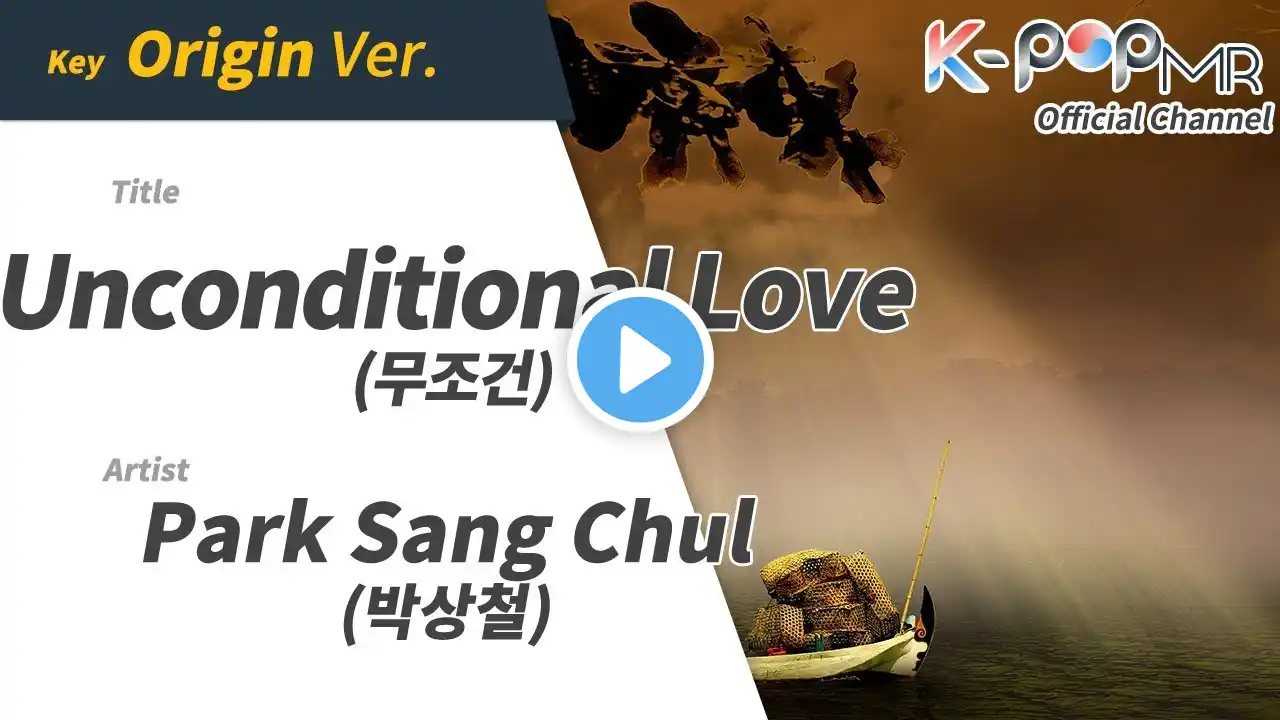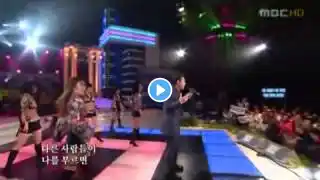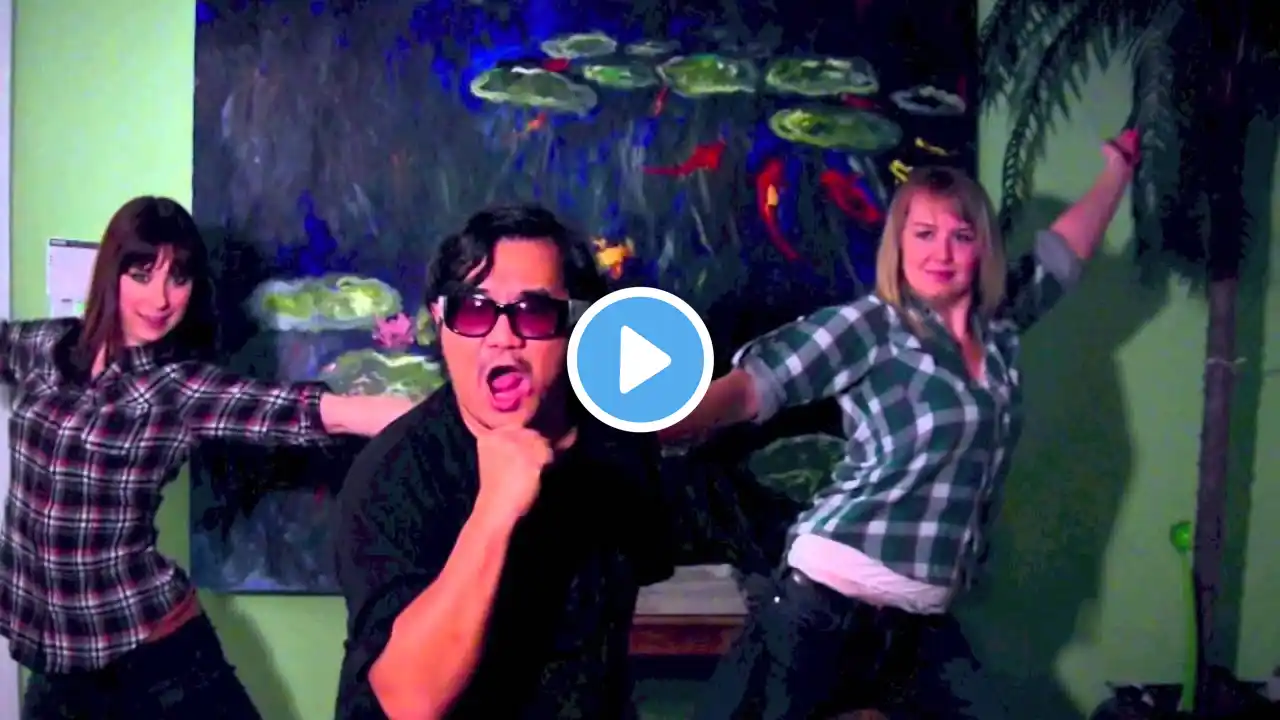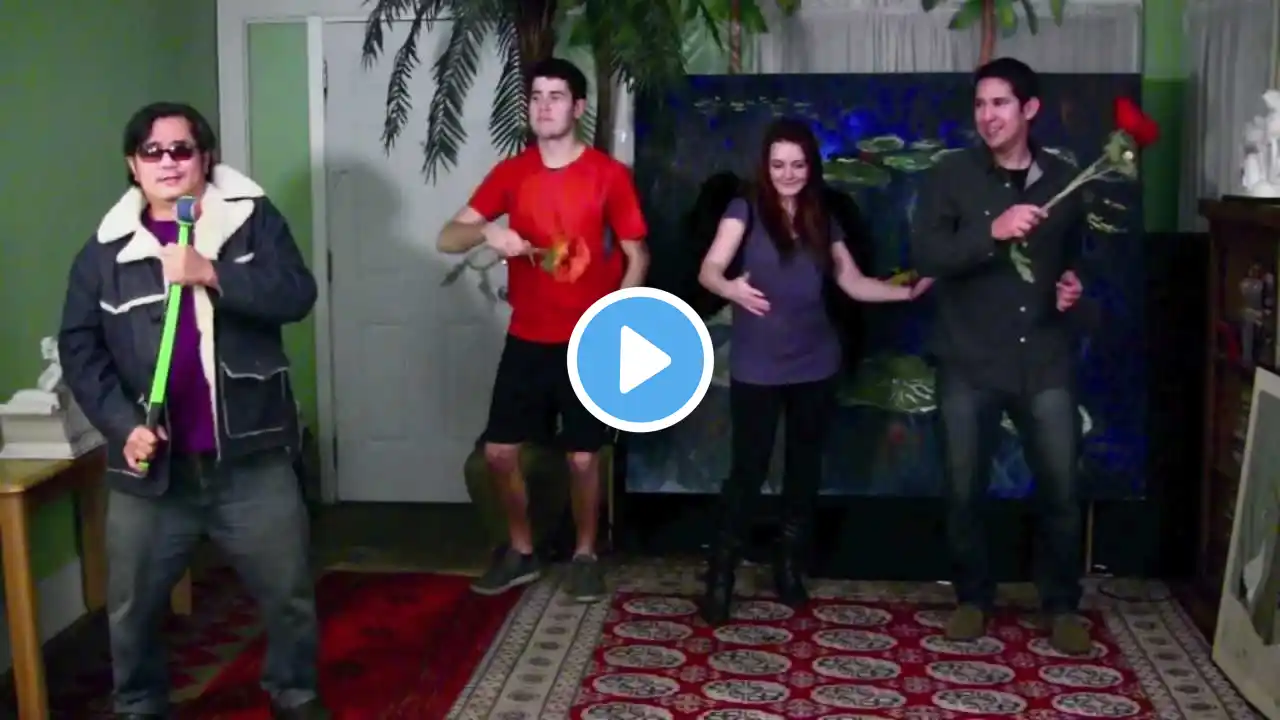
KOREAN TROT "무조건" unconditional love
Formulated during Japan's colonization of Korea in the early 1900s, the genre has been influenced by Japanese, Western and Korean musical elements. Also, the genre has adopted different names, such as yuhaengga, ppongtchak, and most recently t'urotu (the Korean pronunciation of the word trot). While the genre's popularity declined during the 1990s, most recently, it has been subject to revivals by contemporary South Korean pop artists such as Jang Yoon Jeong. The name derives from a shortening of "foxtrot", a ballroom dance which influenced the simple two-beat of elements of the genre. Trot music is described as two-beat rhythm or duple rhythm, traditional seven-five syllabic stanzas, and unique vocal style called Gagok.













